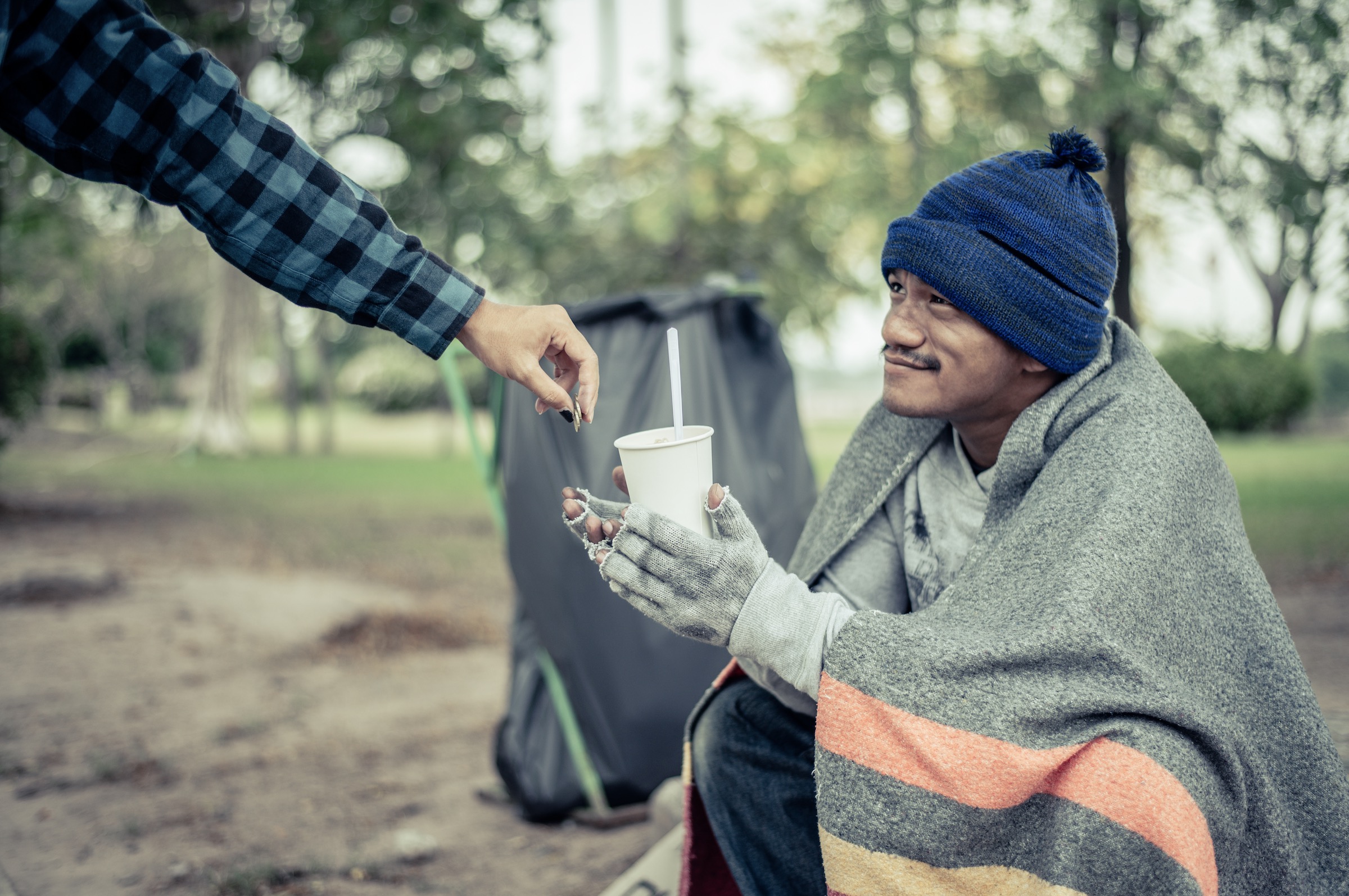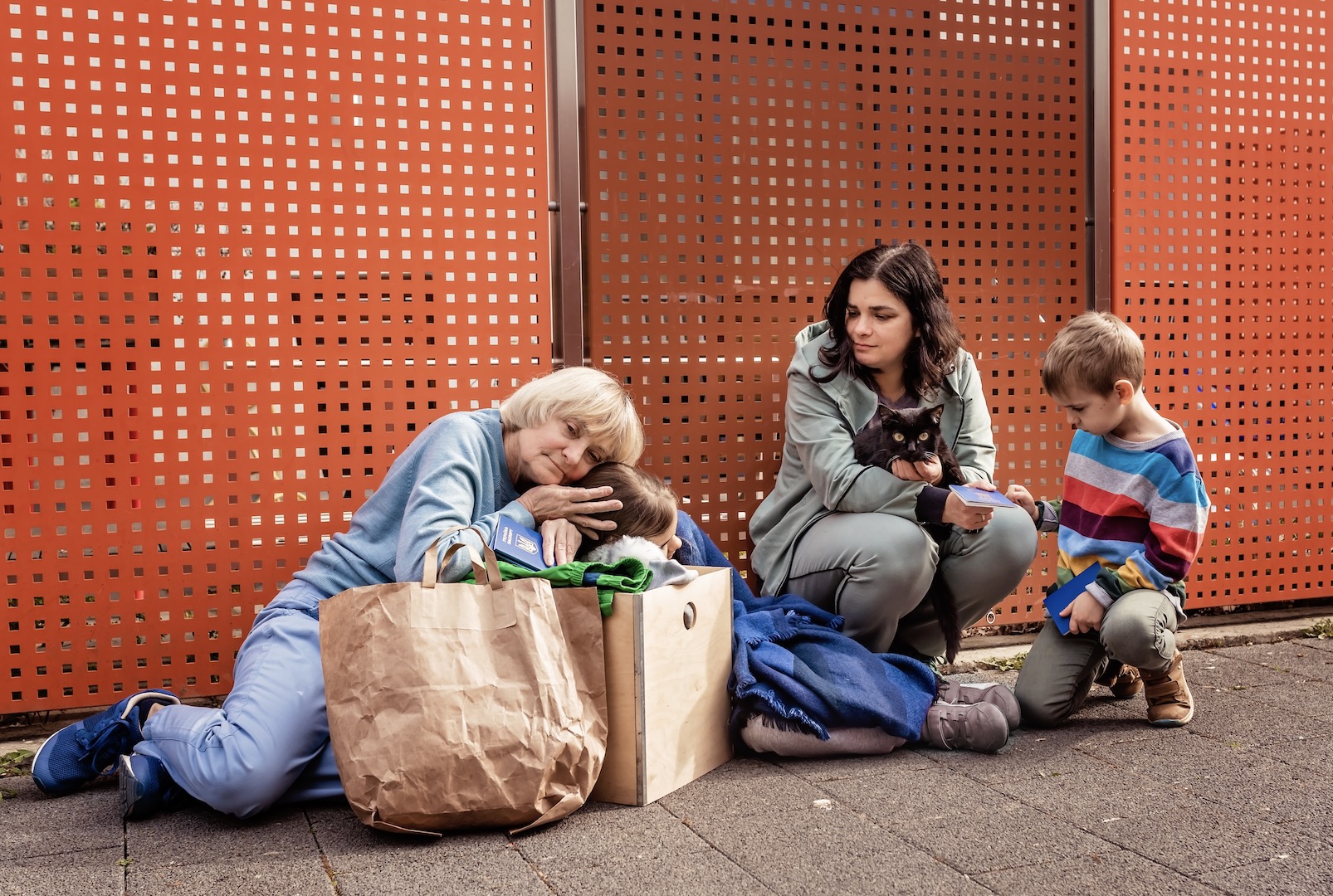On this page, we Discuss Why Unequal Access to Basic Services Could Give Rise to Social Injustices Unequal access to basic services is a...
On this page, we mention four negative social effects of human rights violation for communities.
Human rights violations can have profound and lasting negative social effects on communities.
The four negative social effects of human rights violation for communities are:
- Erosion of Community Trust and Social Cohesion: When human rights are violated, especially by authorities or dominant societal groups, it can lead to a breakdown in trust within the community. This erosion of trust affects relationships not just between individuals and the state, but also among different community groups, leading to fragmentation and social conflict.
- Increased Violence and Crime: Communities experiencing chronic human rights abuses often see a rise in violence and crime. This is partly due to the lack of effective legal protections and a perception that laws are not applied fairly, which may encourage individuals to take justice into their own hands or engage in criminal activities as a means of survival or protest.
- Psychological and Societal Trauma: Systematic violations of human rights can lead to widespread psychological trauma and mental health issues among affected populations. This trauma can be both individual and collective, potentially leading to societal dysfunction and an impaired ability to engage in community and political life.
- Stunted Economic Development: Human rights violations can deter investment, reduce economic activity, and lead to the misallocation of resources, which in turn affects the economic development of the community. Discrimination and exclusion from education or employment opportunities based on ethnicity, gender, or political beliefs can limit the overall economic potential of the community.
Addressing and preventing human rights violations is crucial not only for the direct protection of individuals’ rights but also for the broader social and economic health of communities.







